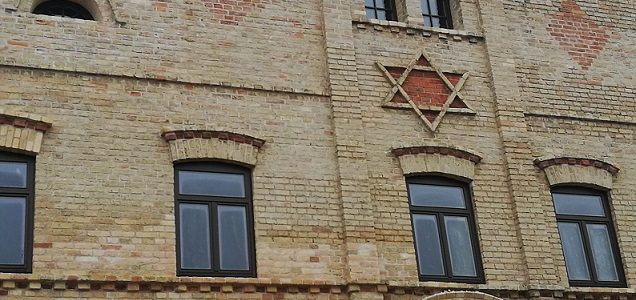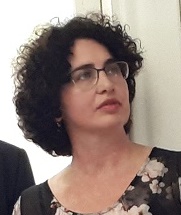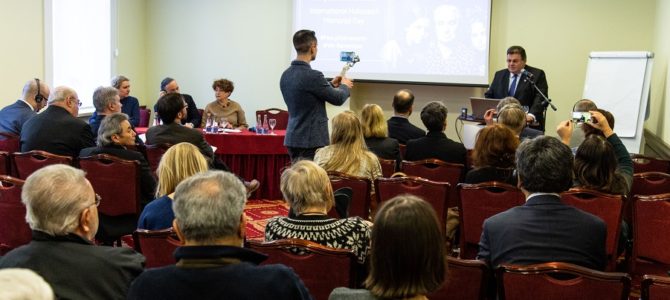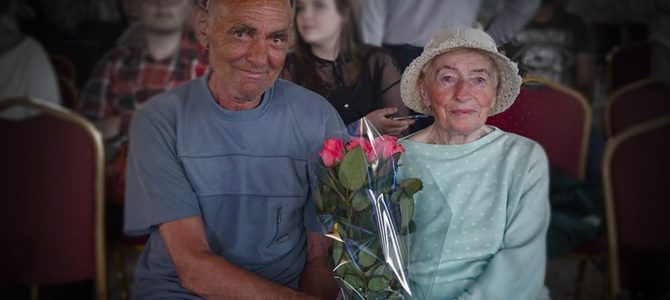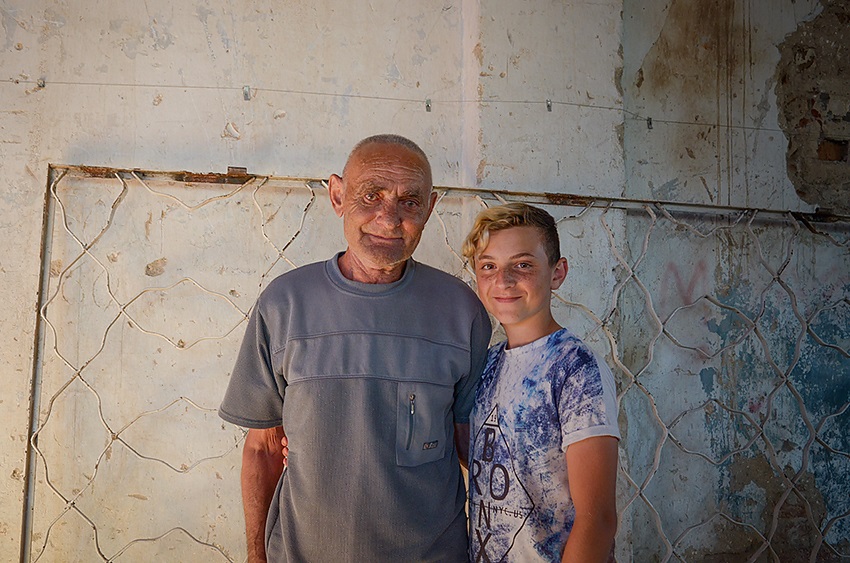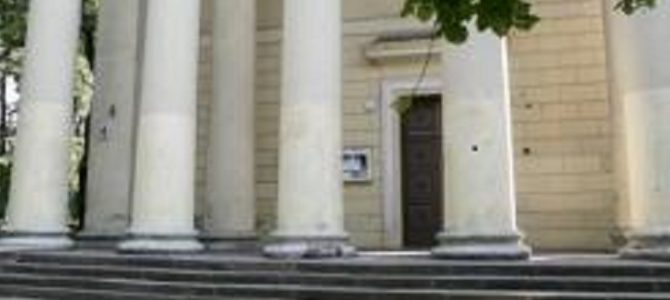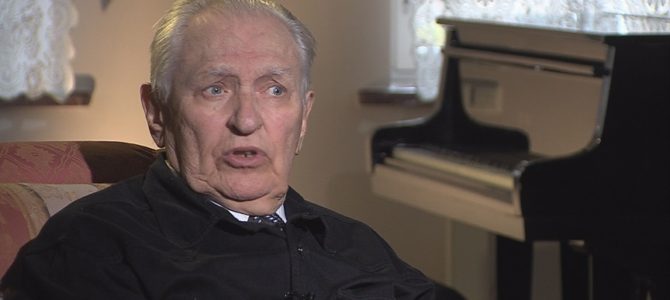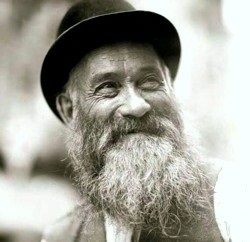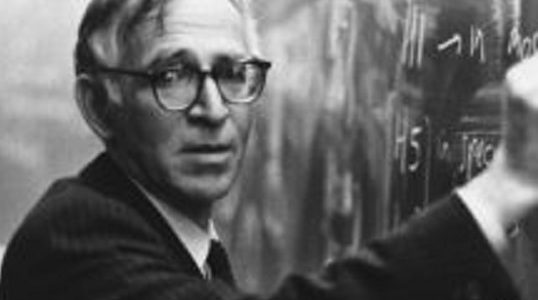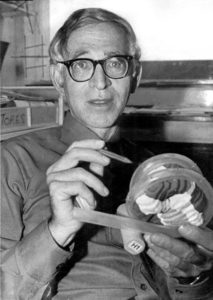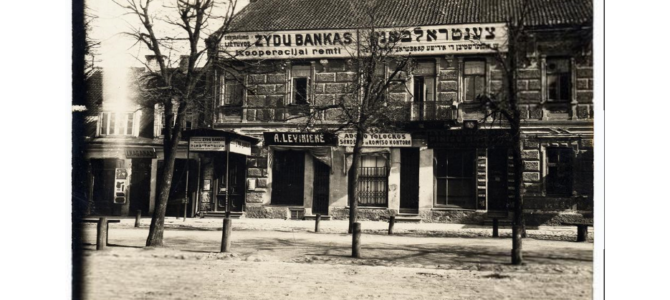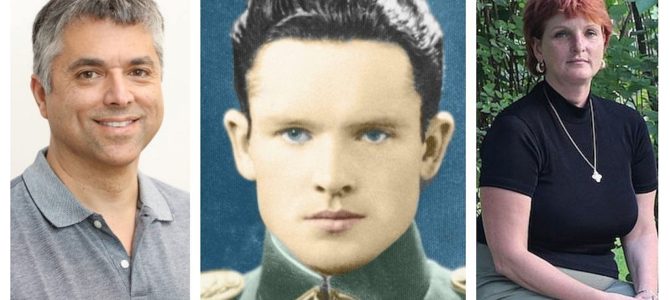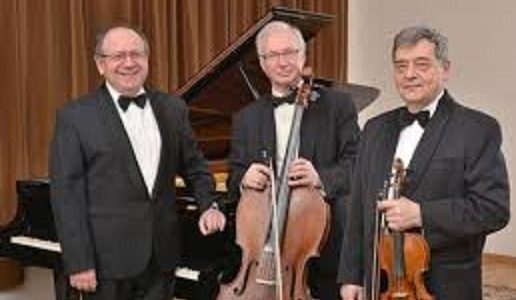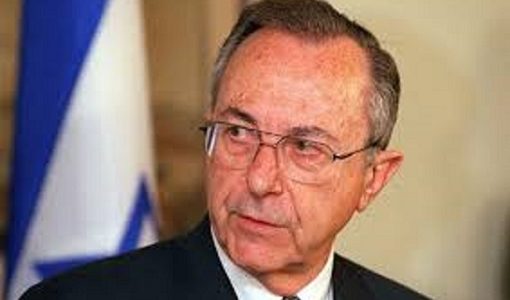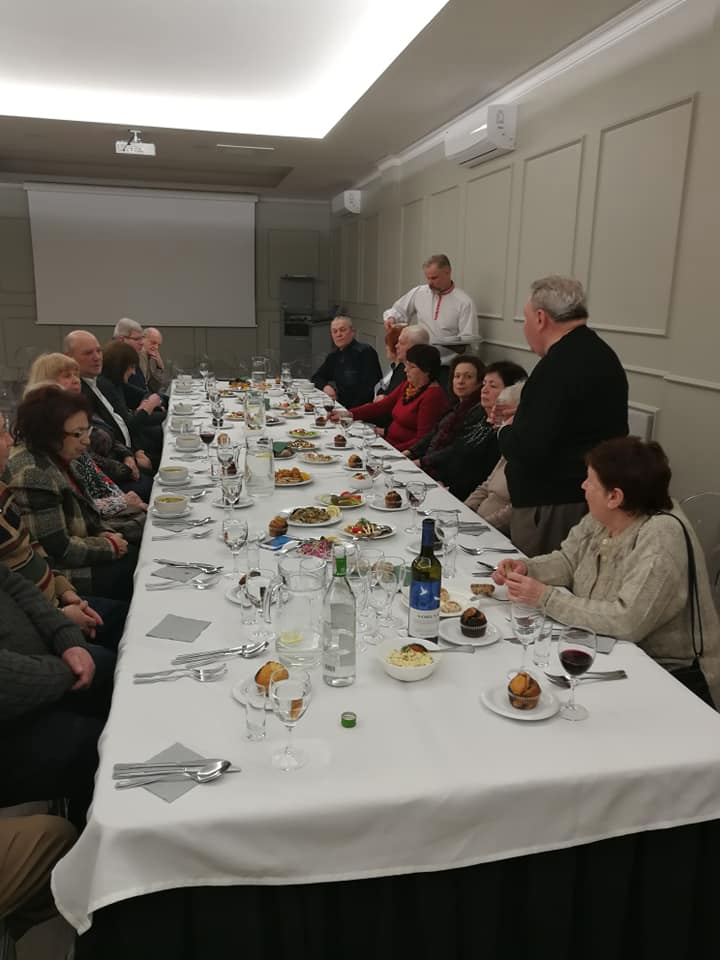by Kazys Kazakevičius
Of the almost one-and-a-half thousand synagogues in Lithuania before World War II, only about 80 have survived to the present. Only two are operational and all other buildings are being used for other purposes or stand empty. It takes a lot of money to revive a synagogue for new life. The Jewish communities don’t have it, and neither do the municipalities which often become the owners of synagogues where there are no Jewish communities. Some EU support helps, at least.
An opportunity for fully restoring a former synagogue in Alytus, Lithuania, has come up; after the war the synagogue became a salt storehouse and a chicken hatchery. In January the city mayor’s office signed an agreement with a contractor for the further capital renovation of the synagogue built in 1911 which has been undergoing some repairs for three years now. The plan foresees a year-and-a-half’s worth of work for 400,000 euros. Around half of that cost will come from EU funds with the municipality picking up the rest. Specialist Ingrida Leskevičienė of the Alytus mayor’s office’s department of finance and investments reported the building is to house a visual arts center as a branch of the Alytus Regional History Museum. The first floor is to be used as an exhibition hall to host exhibits, conferences, seminars, lectures, book launches and showings of films.
Lithuanian Jewish Community chairwoman Faina Kukliansky said, however, there are still synagogues whose fates are causing great concern. Renovating or rebuilding them, even if funds were available, wouldn’t make sense if there was no on to use the buildings.
Full story in Lithuanian here.


